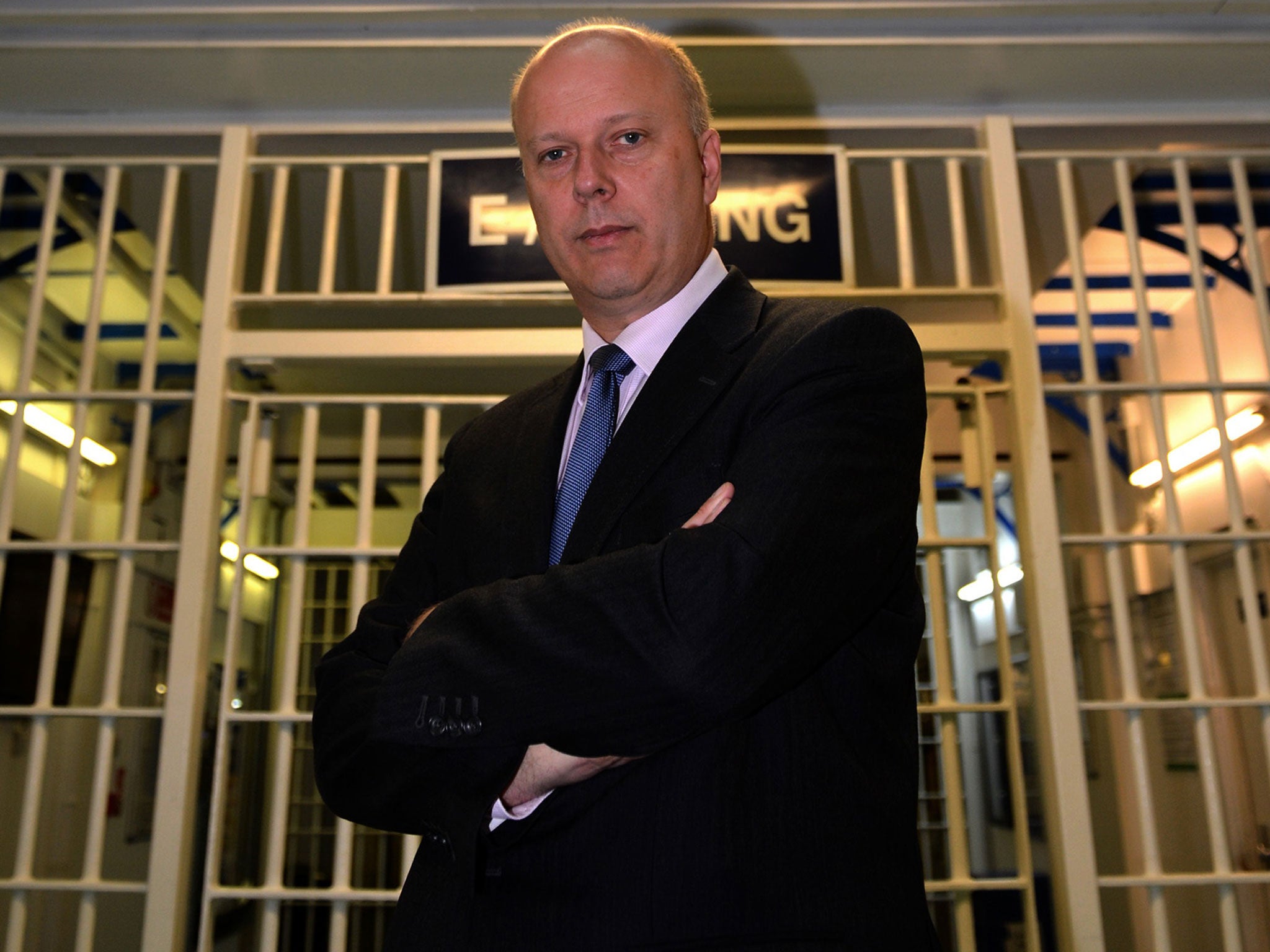'This is astonishing stuff': Split over legal aid shake-up goes right to the top
'Lord Chancellor cannot convince even government's own senior law officer of merits'

Your support helps us to tell the story
From reproductive rights to climate change to Big Tech, The Independent is on the ground when the story is developing. Whether it's investigating the financials of Elon Musk's pro-Trump PAC or producing our latest documentary, 'The A Word', which shines a light on the American women fighting for reproductive rights, we know how important it is to parse out the facts from the messaging.
At such a critical moment in US history, we need reporters on the ground. Your donation allows us to keep sending journalists to speak to both sides of the story.
The Independent is trusted by Americans across the entire political spectrum. And unlike many other quality news outlets, we choose not to lock Americans out of our reporting and analysis with paywalls. We believe quality journalism should be available to everyone, paid for by those who can afford it.
Your support makes all the difference.The Government's plans to shake up legal aid have received a chilly response from its most senior law officer, signalling deep divisions among ministers over the controversial moves.
Chris Grayling, the Lord Chancellor, the architect of the proposals, has been accused of plotting the privatisation of justice by switching legal aid contracts from solicitors to large firms.
The Attorney General, Dominic Grieve, hinted at his concerns over the scheme in response to a letter from 145 barristers urging a rethink over the proposals.
He failed to endorse the plans, which have been put out to consultation by the Ministry of Justice, and promised to continue relaying their worries to Mr Grayling.
David Allen Green, a media lawyer, said: "This is astonishing stuff. It would seem that the Lord Chancellor cannot convince even the government's own senior law officer of the merits of the criminal legal aid proposals."
Under the plans, designed to save £200m by 2018, solicitors will no longer be paid for the work they undertake, instead receiving a fixed fee for each case they represent.
Suspects will lose their right to choose their lawyer, the number of accredited legal aid firms will be cut by three-quarters and contracts will be awarded to lowest bidders.
Critics say the moves risk driving down standards and have also criticised plans to exclude foreign nationals from entitlement to legal aid.
The letter was signed by 145 members of the Attorney's Panel Counsel, lawyers appointed for government work.
In his reply, Mr Grieve emphasised that "policy in this area is owned by the Lord Chancellor and not me" and promised to continue drawing to Mr Grayling's attention "the concerns that have been expressed to me".
He concluded: "I will endeavour to ensure, as far as I can, that the decision he reaches in due course is a fully informed one."
Mr Grieve referred to a speech he gave to the Bar Council in April. He recounted: "In my view, it was vital that the Bar use the consultation exercise to explain why these proposals will damage the justice system and what the overall impact will be."
The shadow Attorney General, Emily Thornberry, said: "Dominic Grieve has the advantage over the Lord Chancellor in being someone who has practised the law and as a result has an insight. The Lord Chancellor really ought to listen, particularly as he is new to this field."
A spokesman for Mr Grieve said: "The letter to Panel Counsel makes it clear that ministerial responsibility for legal aid lies not with the Attorney General but with the Secretary of State and that as the letter was addressed to the Attorney General he would ensure its contents were passed on to the Secretary of State to help inform his decision. That is the purpose of a consultation exercise."
Join our commenting forum
Join thought-provoking conversations, follow other Independent readers and see their replies
Comments